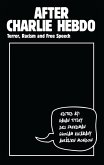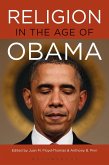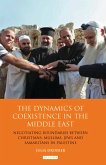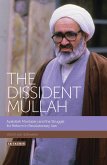Islamophobia is one of the most prevalent forms of prejudice in the world today. This timely book reveals the way in which Islamophobia's pervasive power is being met with responses that challenge it and the worldview on which it rests.
The volume breaks new ground by outlining the characteristics of contemporary Islamophobia across a range of political, historic, and cultural public debates in Europe and the United States. Chapters examine issues such as: how anti-Muslim prejudice facilitates questionable foreign and domestic policies of Western governments; the tangible presence of anti-Muslim bias in media and the arts including a critique of the global blockbuster fantasy series Game of Thrones; youth activism in response to securitised Islamophobia in education; and activist forms of Muslim self-fashioning including Islamic feminism, visual art and comic strip superheroes in popular culture and new media. Drawing on contributions from experts in history, sociology, and literature, the book brings together interdisciplinary perspectives from culture and the arts as well as political and policy reflections. It argues for an inclusive cultural dialogue through which misrepresentation and institutionalised Islamophobia can be challenged.
The volume breaks new ground by outlining the characteristics of contemporary Islamophobia across a range of political, historic, and cultural public debates in Europe and the United States. Chapters examine issues such as: how anti-Muslim prejudice facilitates questionable foreign and domestic policies of Western governments; the tangible presence of anti-Muslim bias in media and the arts including a critique of the global blockbuster fantasy series Game of Thrones; youth activism in response to securitised Islamophobia in education; and activist forms of Muslim self-fashioning including Islamic feminism, visual art and comic strip superheroes in popular culture and new media. Drawing on contributions from experts in history, sociology, and literature, the book brings together interdisciplinary perspectives from culture and the arts as well as political and policy reflections. It argues for an inclusive cultural dialogue through which misrepresentation and institutionalised Islamophobia can be challenged.









